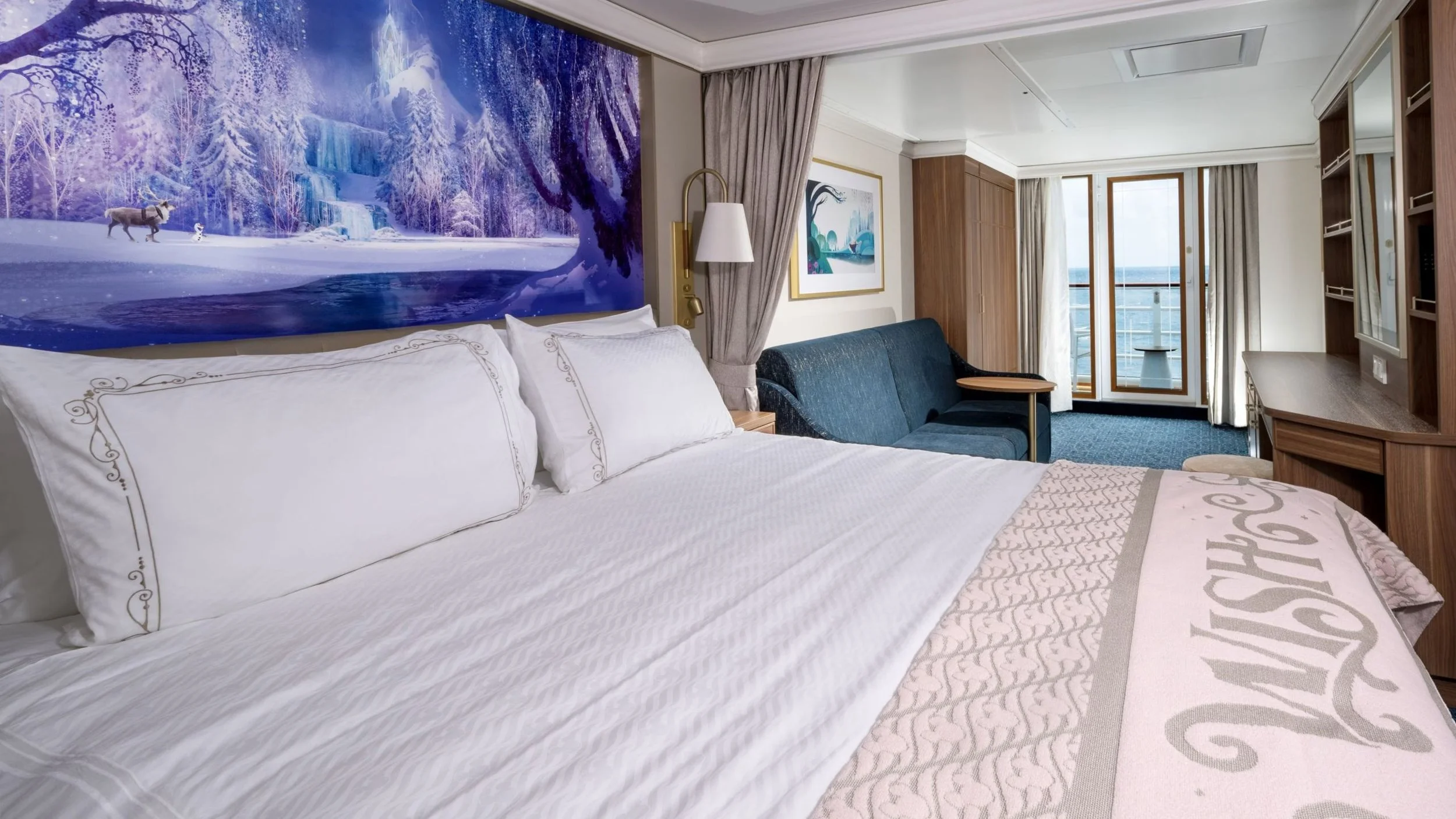The Startup Costs of Becoming a Travel Agent
Starting a travel agency business? You're probably wondering what it's gonna cost you, right? I mean, who doesn't want to turn their passion for travel into actual income, but let's be real here—you need to know what you're getting into financially before you take that leap!
Here's the deal: becoming a travel agent can cost anywhere from as little as $500 to upward of $15,000, depending on how you want to set things up. But don't let that wide range scare you off! Most successful travel agents get started for somewhere between $2,000 and $5,000. The best part? You're not looking at the massive startup costs of other businesses like restaurants or retail stores.
Think about it this way—you could literally start booking dream vacations for people from your kitchen table with just a laptop and an internet connection. Pretty amazing when you consider that most traditional businesses require way more upfront capital, right?
Understanding the Different Paths (And Their Costs)
Before we dive into the nitty-gritty numbers, you need to understand that there are basically three ways to become a travel agent, and each one comes with completely different startup costs.
The Host Agency Route (Most Popular for Beginners)
This is where most new agents start, and for good reason. You partner with an established host agency that provides all the backend support—think booking systems, supplier relationships, and legal compliance stuff. The average startup cost for hosted agents is around $3,478, but the median is much lower at $1,500.
Host agency fees typically break down like this:
Initial setup fees: $200 to $10,000+ (though most are on the lower end)
Monthly fees: $20 to $100 per month
Annual dues: $200 to $600
Some host agencies, like Yeti Travel and MainStreet Travel, are running specials where you can get started for a one time fee of $99 and no monthly costs! Others like Fora charge $299 annually or $49 monthly. Dream Vacations keeps it simple at $39 per month.
The Franchise Route
If you don't want to build a brand from scratch, franchises give you established branding and systems. Startup costs range from $299 to nearly $9,000, with average costs falling between $1,165 and $5,665. You'll also have ongoing annual fees that can range from $0 to $7,200, though many franchises have additional fees like tech fees or take a percentage of your revenue.
Going Independent (For the Bold)
This is the most expensive route because you're handling everything yourself—accreditation, insurance, legal compliance, the whole nine yards. You're looking at anywhere from $44,000 to $155,000 for a full-scale independent agency. Most people don't start here unless they have serious industry experience and significant capital to invest.
Breaking Down the Essential Startup Costs
Let's talk about what you're actually spending your money on. These are the core expenses every travel agent needs to consider:
Training and Certification Costs
While you technically don't need certifications to become a travel agent, they're becoming increasingly important for credibility. Here's what you're looking at:
Travel Agent Proficiency (TAP) Test: Usually included in training courses
Certified Travel Associate (CTA): $450-$599 for the complete online course
Basic travel agent training programs: $200-$1,000
Specialized training (like cruise or luxury travel): $300-$3,000
The Travel Institute offers some of the most respected certifications in the industry. Their TAP test is often the starting point, and passing it with 80% or higher lets you skip the experience requirement for CTA certification.
Business Setup and Legal Requirements
Getting your business legally established isn't too expensive, but it's absolutely necessary:
Business registration (LLC, corporation, etc.): $50-$500
Seller of Travel licenses (required in some states): $50-$1,345
California: Complex requirements including trust account setup
Florida: $300 annually (or $50 if using host agency's license)
Hawaii: $215 on even years, $146 on odd years
Washington: $222 annually plus $50 processing fee
Insurance Requirements
This is non-negotiable if you want to protect your business:
Errors & Omissions (E&O) insurance: $500-$2,500 annually for $1M coverage
General liability insurance: $350-$700 annually
Workers' compensation (if you have employees): Around $600 annually
E&O insurance is especially crucial because it protects you if a client claims your mistake cost them money. The average premium runs between $500-$2,500 per year depending on factors like your location, revenue, and experience level.
Technology and Software
Your tech stack is what makes everything run smoothly:
Basic booking systems: $50-$200 monthly
CRM and customer management: $30-$500 monthly depending on features
Website setup: $50-$2,000 initially, then ongoing hosting costs
Email and communication tools: $15-$50 monthly
Accounting software: $20-$100 monthly
Many new agents start with cloud-based solutions to keep upfront costs low. You can always upgrade to more comprehensive systems as your business grows.
Marketing and Business Development
You can't just open your doors and expect clients to magically appear. Marketing is essential:
Initial marketing materials and branding: $200-$2,000
Monthly marketing budget: $500-$2,000 (many agencies allocate 2-5% of sales)
Professional website design: $500-$5,000
Business cards, brochures, promotional materials: $100-$300
The smart approach? Start small with digital marketing and reinvest your early profits into more sophisticated marketing efforts.
State-Specific Requirements That'll Impact Your Budget
Depending on where you live (or where you want to do business), you might need specific licenses that add to your startup costs. Let's break down the major ones:
California (Most Complex)
California has the most stringent requirements:
Business registration: $70-$150 if out-of-state
Travel Consumer Restitution Fund participation: $100 per location
Trust account setup required
Annual renewal and ongoing compliance
Florida
More straightforward but still requires attention:
Annual registration: $300 (or $50 if using host agency's number)
Possible $25,000 surety bond requirement (waivable with experience)
Annual renewal required
Hawaii
Unique requirements including:
Business registration even if out-of-state
Business bank account with Hawaii bank (often requires travel)
License costs vary by year: $215 on even years, $146 on odd years
Washington
Relatively simple:
$222 annual license cost
$50 processing fee
Can use out-of-state business registration proof
Money-Saving Strategies That Actually Work
Here's how to keep your startup costs reasonable without cutting corners on the important stuff:
Start Home-Based
Skip the office lease for now. Most successful travel agents start from home and only move to dedicated office space once they're consistently profitable. This alone can save you thousands in the first year.
Choose the Right Host Agency
Do your homework here. Some hosts offer everything you need for under $100 to start, while others charge thousands. Look for hosts that include training, technology, and marketing support in their fees. Here at MainStreet Travel we offer a FREE membership! We understand how hard it is to start from the beginning so we want to make things easier on you!
Invest in Training Early
It might seem counterintuitive to spend money on training when you're trying to keep costs low, but proper training helps you avoid expensive mistakes and start earning faster. Think of it as an investment, not an expense.
Bootstrap Your Marketing
Start with free or low-cost marketing strategies:
Social media marketing (mostly free)
Email marketing (starts around $20/month)
Networking and referrals (just your time)
Content marketing through blogging (minimal cost)
You can always scale up your marketing spend as your revenue grows.
Use Technology Wisely
Start with basic, cost-effective software solutions and upgrade as needed. Many CRM and booking systems offer free trials or low-cost starter plans that are perfect for new agents.
Tax Benefits That Help Your Bottom Line
One of the often-overlooked advantages of starting a travel agency is the tax benefits. As a business owner in the travel industry, you can deduct many expenses:
Deductible Business Expenses
Home office expenses (if you have a dedicated space)
Business travel and FAM trips
Training and certification costs
Office equipment and technology
Marketing and advertising expenses
Professional memberships and subscriptions
Travel-Related Deductions
This is where travel agents have a unique advantage. You can often deduct travel expenses that are directly related to your business, including:
FAM (familiarization) trips to destinations you sell
Travel conferences and training events
Site inspections of hotels and resorts
Transportation, lodging, and meals for business travel
Just remember to document everything properly and work with a CPA who understands the travel industry to make sure you're staying compliant.
What to Expect in Your First Year Financially
Let's be honest about what the first year really looks like financially. Most new travel agents don't become profitable immediately—it typically takes 6-18 months to build a steady client base.
Typical First-Year Investment Ranges
Bare minimum startup: $500-$2,000
Realistic budget for serious success: $2,000-$5,000
Well-funded launch: $5,000-$10,000+
Monthly Operating Expenses to Plan For
Once you're up and running, your monthly expenses will typically run $200-$1,000 depending on your business model and marketing investment. This includes:
Host agency fees
Technology subscriptions
Marketing and advertising
Professional development
Insurance premiums
Revenue Timeline Reality Check
Most successful agents report making back their initial investment within the first few months to a year. However, building a sustainable full-time income usually takes 12-24 months of consistent effort.
Frequently Asked Questions
Do I really need to spend money on training and certifications?
While not legally required in most places, training and certifications are becoming essential for credibility and success. Clients want to work with knowledgeable agents, and suppliers prefer working with certified professionals. The investment typically pays for itself through higher commissions and more bookings.
Can I start a travel agency with no money?
Technically possible but not recommended. The absolute minimum you need is around $500 for basic business setup and host agency fees. However, having at least $2,000-$3,000 gives you a much better chance of success by allowing for proper training, basic marketing, and operating expenses.
Are there ongoing costs I should know about?
Yes, expect monthly expenses of $200-$1,000 including host agency fees, software subscriptions, marketing, and professional development. Annual costs include insurance renewals, license renewals, and continuing education.
How long before I break even?
Most agents report breaking even within 6-18 months, but this depends heavily on how much you invest in marketing and how quickly you build your client base. Agents who invest more in training and marketing upfront typically break even faster.
What's the biggest mistake new agents make financially?
Underestimating marketing costs and not having enough working capital for the first 6-12 months. Many new agents focus only on startup costs and forget they need money to live on while building their business.
Should I quit my day job to start my travel agency?
Most successful agents start part-time while keeping their regular income. This reduces financial pressure and gives you time to build your client base before transitioning to full-time.
What states require special licenses and how much do they cost?
California, Florida, Hawaii, and Washington require seller of travel licenses. Costs range from $146-$300 annually, with California having the most complex requirements including trust accounts.
Is working with a host agency worth the extra cost?
For new agents, absolutely. Host agencies provide booking systems, supplier relationships, legal compliance, and support that would cost tens of thousands to set up independently. The fees are typically much less than going independent.
Is It Worth the Investment?
Starting a travel agency isn't just about the money—it's about building a business that aligns with your passion for travel while creating financial freedom. The startup costs we've outlined might seem intimidating at first, but when you compare them to other business opportunities, travel agencies are actually quite affordable to launch!
Think about it this way: you could spend more than these startup costs on a single family vacation. The difference is that investing in a travel agency business gives you the potential for ongoing income, tax benefits, travel perks, and the satisfaction of helping others create amazing memories!
The key is being realistic about your budget and expectations. Start with what you can afford, focus on getting proper training, choose the right host agency partner, and be prepared to reinvest your early profits back into growing the business.
Remember, every successful travel agency started with someone taking that first step and making that initial investment. With the right planning and realistic expectations about costs, you can build a thriving travel business that pays dividends for years to come!
The travel industry isn't going anywhere—people will always want to explore new places and create unforgettable experiences. The question is: are you ready to help them do it while building your own successful business in the process?










